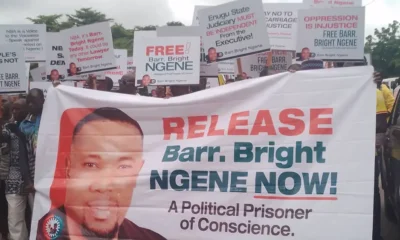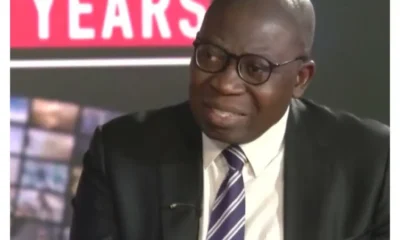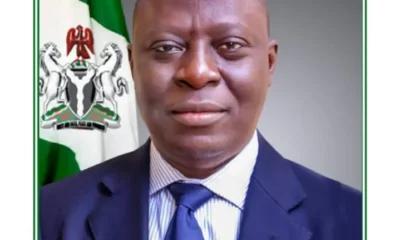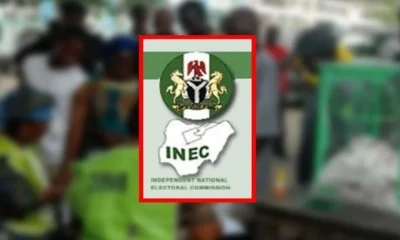Politics
Governor Hope Uzodinma’s New Cabinet In Imo: The Gainers, The Losers
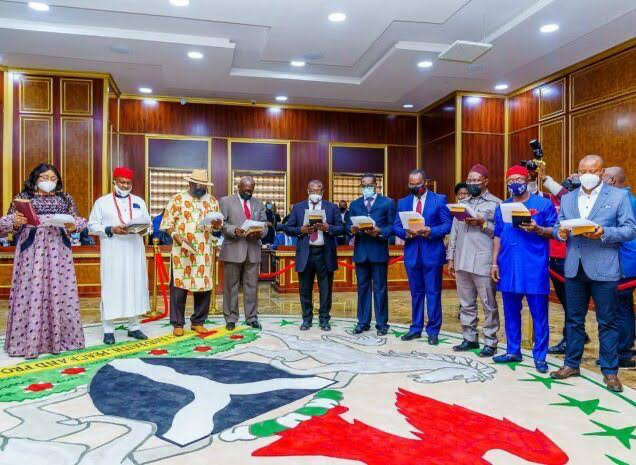
G Uzodimma’s recent unveiling of a new cabinet has sparked a flurry of reactions, with both praise and criticism echoing across the state.
Following the dismissal of over 500 appointees three months prior, the Governor, last week forwarded a list of 12 Commissioner nominees to the Imo State House of Assembly for approval.
The nominees, subsequently screened by the House, include a mix of familiar faces and newcomers.
Among the retained Commissioners are Declan Mbadiwe Emelumba, Ralph Nwosu, and Mrs. Nkechi Ugwu, signaling the Governor’s confidence in their ability to further his administration’s agenda.
Enyinnaya Onuegbu, a former Commissioner for Lands and later Power, was also reinstated, assuming the role of Head of the Political Bureau and Special Adviser to the Governor on Political Matters.
Analysts interpret these appointments as a testament to the Governor’s commitment to continuity and trust in certain individuals to uphold his administration’s core principles.
However, the appointment of Commissioners has not been without controversy, particularly regarding zonal representation.
With eight out of the twelve nominees hailing from Orlu zone and two each coming from Owerri and Okigwe zones, concerns have been raised about equitable distribution and adherence to the principles of fairness and equity.
Critics argue that the recent disproportionate appointment of Commissioners by the Governor undermines the spirit of inclusivity essential for fostering unity and effective governance in the state.
Prominent political commentator in the State, Chief Donald Anyasodor condemned the apparent disregard for fair representation, emphasizing the importance of upholding democratic ideals as enshrined in the Nigerian Constitution.
On the other side of the spectrum, certain individuals and zones find themselves on the losing end of the cabinet reshuffle.
Some chieftains of the Peoples Democratic Party, particularly some members of the State Working Committee, who decamped to the All Progressives Congress, APC, and were predominantly appointed as Special Advisers and Senior Special Assistants during the Governor’s first tenure, were excluded.
This may keep them politically stranded.
The absence of Cyprian Akaolisa, a former Commissioner of Justice and Attorney General, and a notable ally of the Governor, in the new cabinet, raises eyebrows and fuels speculation about underlying dynamics within the administration.
Owerri Federal Constituency emerged as another notable loser, as it failed to secure any Commissioner nominee in the latest appointments.
Politics
2027: Atiku’s eyes on ADC ticket, PDP may be forced to back him – Sambo
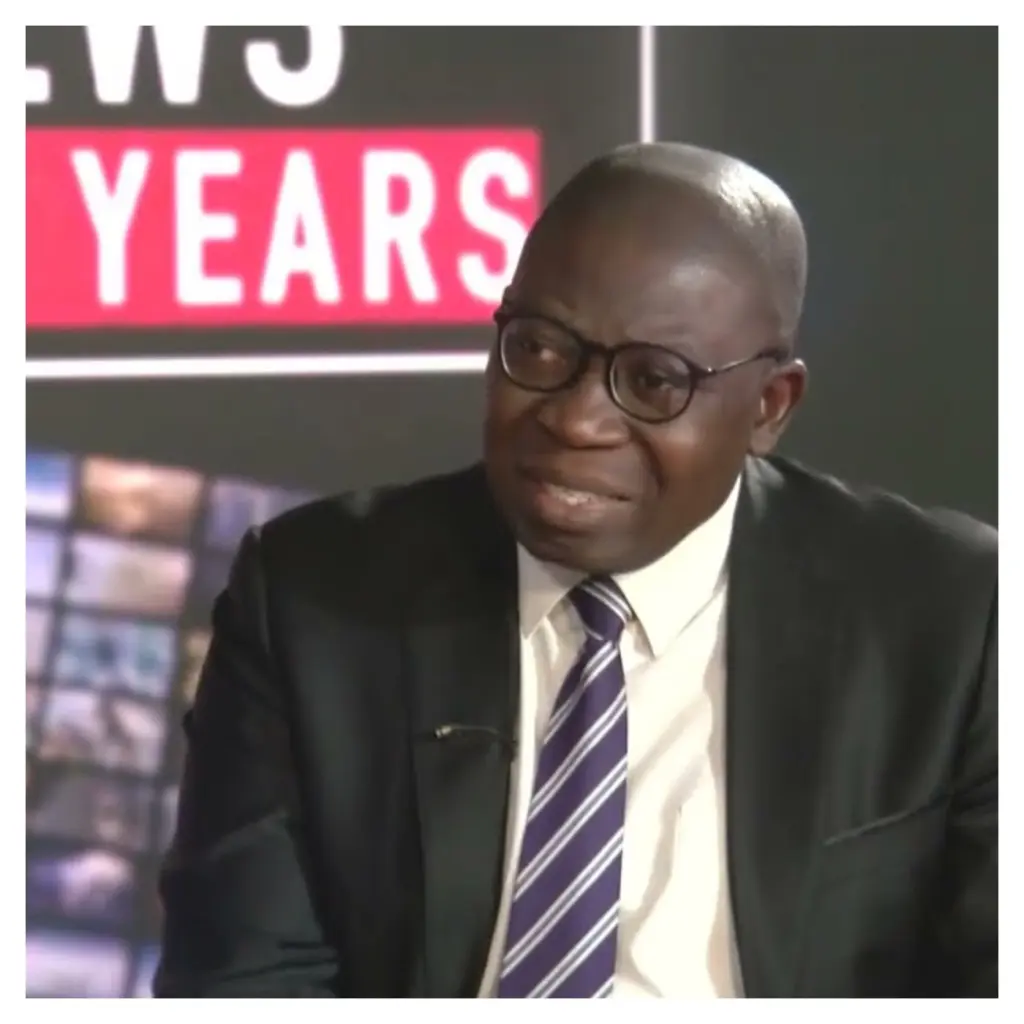
The Director of News and Politics Editor of Arise Television, Sumner Sambo, says the African Democratic Congress, ADC, is planning to secure a presidential ticket for former Vice-President Atiku Abubakar.
Sambo stated this on Monday’s edition of ‘The Morning Show’.
According to him, people are also saying that if Atiku gets the ADC ticket, and things go very well for him, then PDP in one way or the other, may be forced to support his presidential bid.
“The major problem of the ADC right now is that INEC has not even listed David Mark as the national chairman of the ADC, and Atiku hasn’t picked the party’s membership form,” he said.
Ekwutosblog recalls that Atiku had assured his followers that he would be running for the presidency in the 2027 general elections.
Speaking through one of his spokespersons during the 2023 presidential election, Tunde Olusunle, the former Vice-President said he would run again in 2027 because Nigeria needs to be saved from the Intensive Care Unit under President Bola Tinubu’s administration.
Politics
INEC recognises me, Barde is fake – Danladi Yau on Gombe ADC chairmanship dispute
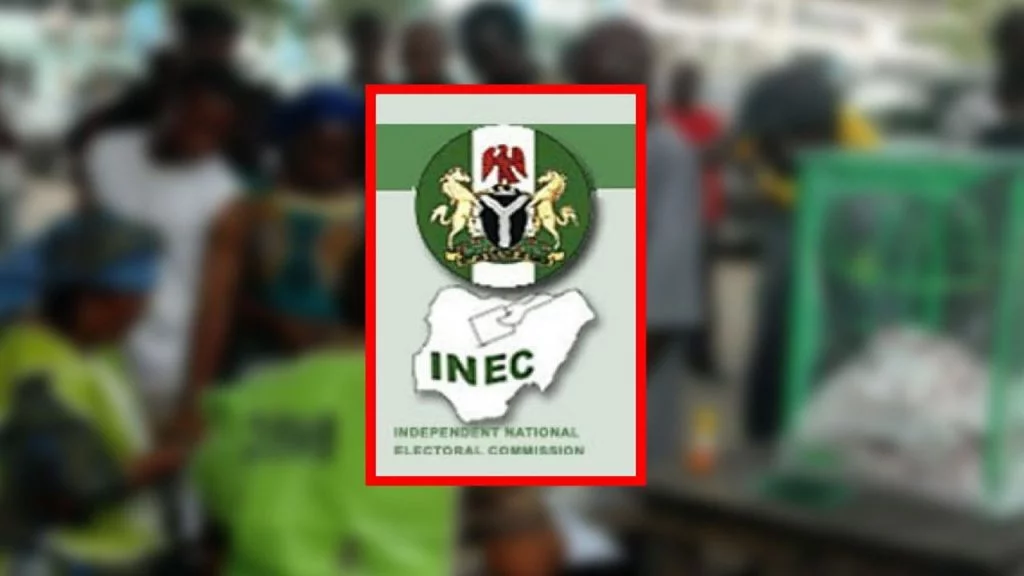
The leadership crisis in the African Democratic Congress (ADC) in Gombe State has deepened, with Malam Danladi Yau insisting that he remains the authentic chairman of the party.
Speaking to journalists shortly after the State Executive Council meeting in Gombe last Friday, Yau dismissed claims by Alhaji Auwal Abba Barde, who has continued to parade himself as chairman of the party.
“I am the authentic chairman of the ADC in Gombe State, recognised by INEC. Anybody parading himself as chairman is fake. Barde was expelled in 2022, so how can he still claim leadership,” Yau said.
He displayed a letter of appointment and introduction issued to him by the ADC National Working Committee in December 2022, which also presented him to the Independent National Electoral Commission (INEC) as the acting chairman for the state.
Yau’s remarks came in response to a counter-announcement by Barde, who earlier declared the removal of Yau as state secretary alongside the deputy chairman and youth leader.
Despite his suspension in September 2022 by the national leadership over alleged anti-party activities, Barde has continued to command loyalty among some state executives.
According to Yau, Barde’s tenure as chairman expired in 2019 after serving the constitutionally permitted two terms of four years each.
He argued that Barde’s continued claim to leadership was illegal and damaging to the party’s credibility.
Pledging loyalty to the David Mark-led national leadership of the ADC, Yau announced plans to begin fresh membership registration across all 114 wards in Gombe State, saying the move was part of efforts to strengthen the party ahead of the 2027 general elections.
“The ADC under my leadership is working to rescue Nigeria from APC-induced hardship. With unity, mobilisation, and commitment, we can give Nigerians the alternative they deserve,” he added.
Politics
2027: I’ll run for presidency – Atiku clarifies ‘not desperate’ comment
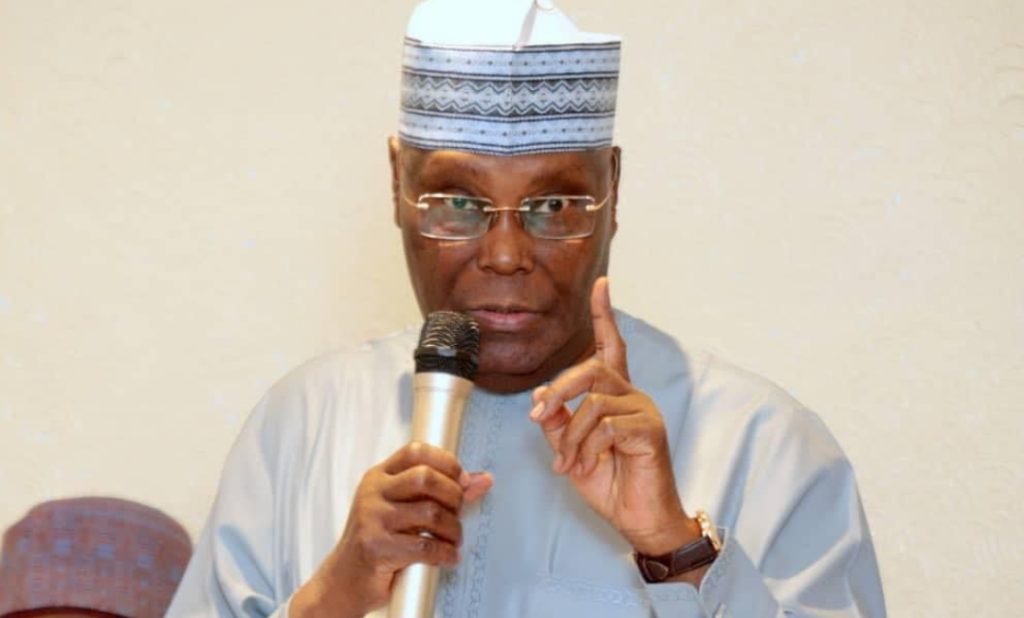
Former Vice President Atiku Abubakar has assured his followers of running for the Presidency in 2027.
Atiku gave the clarification through one of his spokespersons during the 2023 presidential election, Tunde Olusunle.
Speaking with ThisDay, Olusunle said Atiku would run again in 2027 because Nigeria needs to be saved from the Intensive Care Unit under President Bola Tinubu’s administration.
Olusunle disclosed that Atiku made the clarification from his holiday home in the United Arab Emirates (UAE), after reading reports that he was not desperate to be president.
Speaking over the weekend, Ola Olateju, who represented Atiku at an event in Lagos, said the former Vice President was not desperate to be president.
Olateju said Atiku plans to build a better Nigeria.
However, Olusunle said Atiku disowned the statement, stressing that it was not from him.
“I did not issue that statement. When people stand in for me at events, we preview my thoughts on the instant subject and what my contribution or intervention will be, so we are on the same page.
“In this particular instance, there was no engagement with me to distill my thoughts. Prof. Olateju was not speaking for me.
“I will run in 2027. Nigeria needs to be decisively rescued from the intensive care unit it has been consigned. The degeneration in our country, the level of poverty and pain, the anguish, is unacceptable,” he said.
-

 Politics10 months ago
Politics10 months agoMexico’s new president causes concern just weeks before the US elections
-
Business10 months ago
US court acquits Air Peace boss, slams Mayfield $4000 fine
-

 Trending10 months ago
Trending10 months agoNYA demands release of ‘abducted’ Imo chairman, preaches good governance
-
Entertainment10 months ago
Bobrisky falls ill in police custody, rushed to hospital
-
Entertainment10 months ago
Bobrisky transferred from Immigration to FCID, spends night behind bars
-

 Politics10 months ago
Politics10 months agoRussia bans imports of agro-products from Kazakhstan after refusal to join BRICS
-

 Politics10 months ago
Politics10 months agoPutin invites 20 world leaders
-
Education12 months ago
GOVERNOR FUBARA APPOINTS COUNCIL MEMBERS FOR KEN SARO-WIWA POLYTECHNIC BORI



